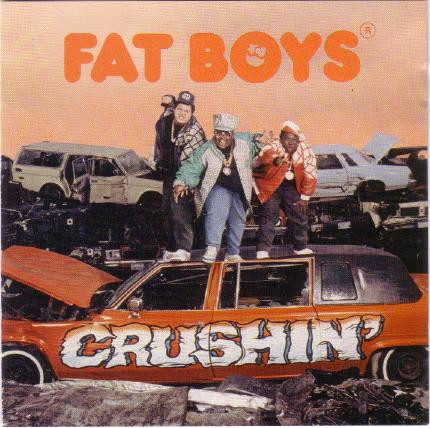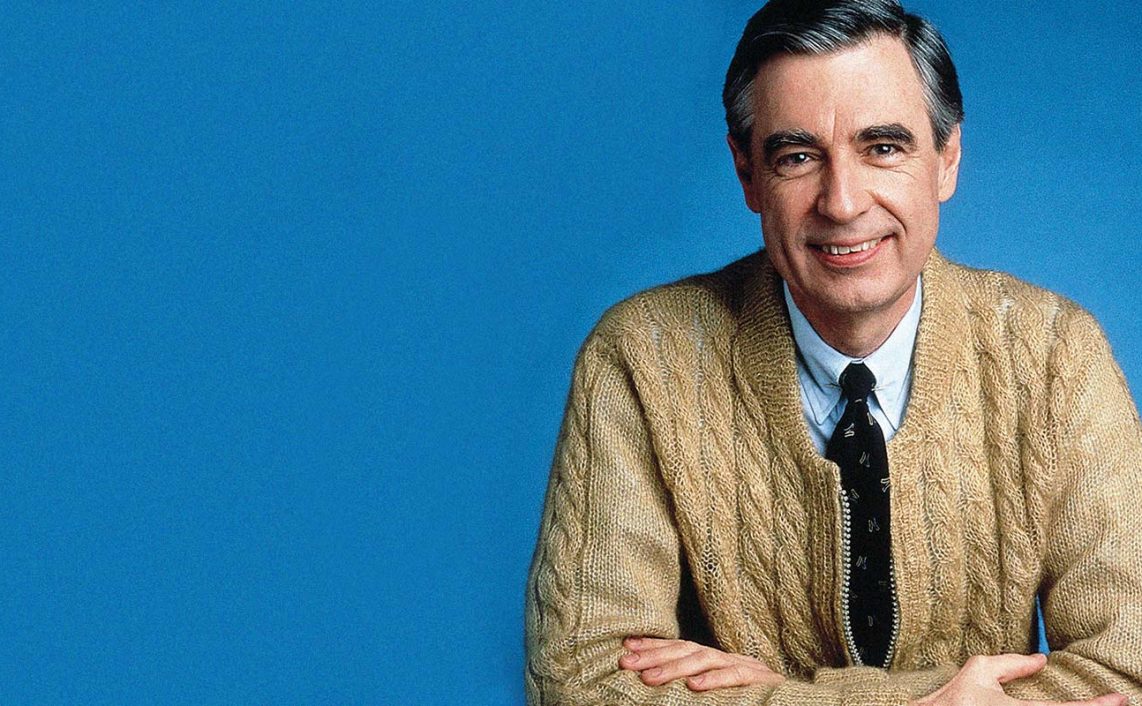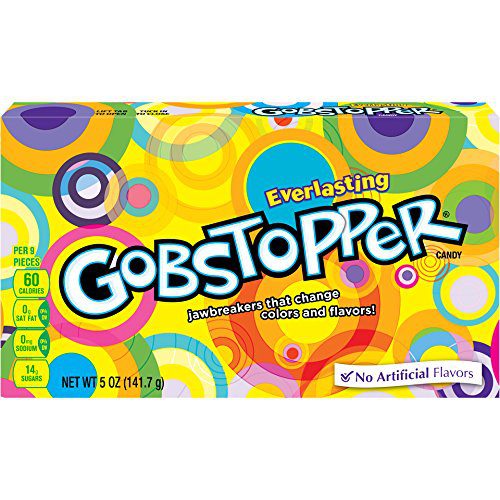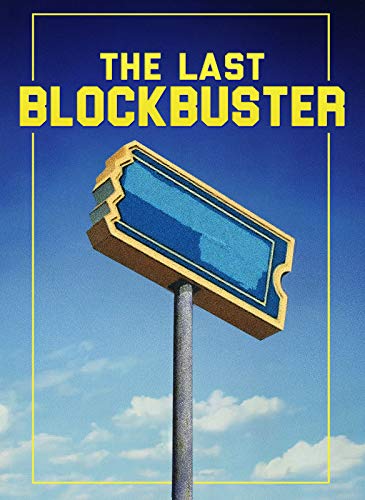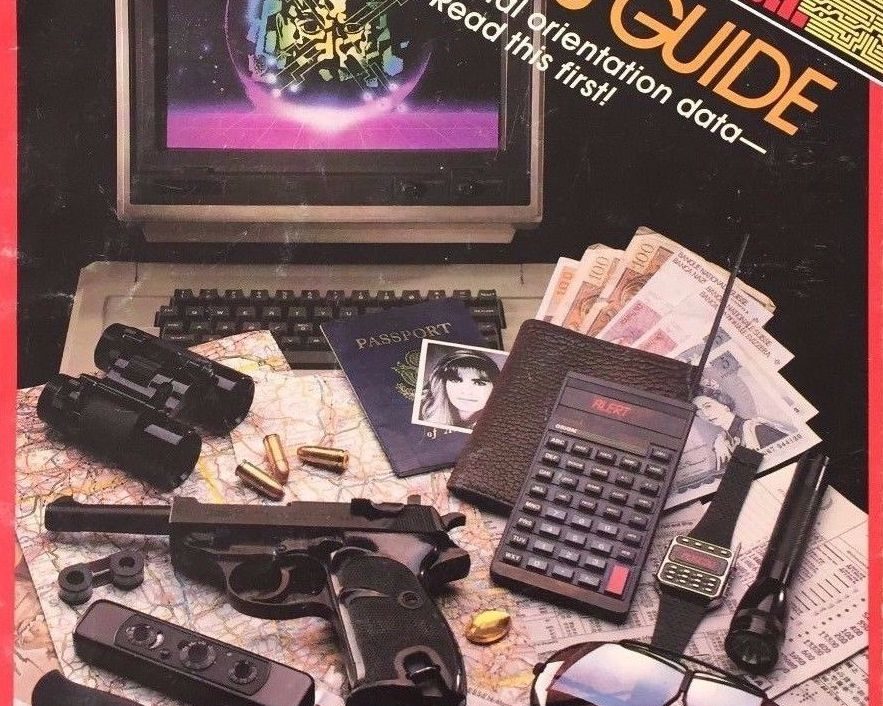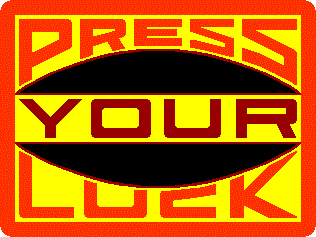
Earlier this morning in my news feed there showed up an article about hacking Jeopardy. I highly suggest reading the article. It’s about Arthur Chu and his unorthodox method of controlling the Jeopardy board. He has been highly successful with this strategy. From the article, there are many fans upset since “he isn’t playing right”. I say more power to him.
My whole life I have loved trivia games. I used to annoy my grandparents by wanting to watch Jeopardy every night when I was at their house. When I was at my house it was more hit or miss if I got to watch Jeopardy. By the time I was eight-ten, I could answer most of the questions and keep track of my cash total. This of course doesn’t necessarily translate into any real winnings since I could not control the board from home or choose the questions. By my calculations though I normally would do better than the studio players.
One time I ended up renting Jeopardy for the Nintendo Entertainment System for the weekend. After playing it a few times I had most of their “random” questions memorized. It stopped being about the trivia side of the game. It completely led to seeing how much video game money I could earn in the game. I would clear the complete board except for the daily doubles, which I would hit last and bet everything each time. In the end, I completely dominated and maximized the amount that was possible to win in the video game.
Jeopardy wasn’t the only trivia game I watched over the years. I remember watching Remote Control quite often. Then we get into the other part of this story – Press Your Luck. A trivia part of the show was quite light. To my seven – ten-year-old self, the big attraction was the whammy animations. They never failed to entertain me. I read about it a few years ago about someone who hacked the game Press Your Luck and won big.
There have been other game show scandals over the years. The movie Quiz Show showcased the scandals from the fifties in the game Twenty-One. These scandals were designed to maximize ad revenue by having users wanting to see how far someone could go. America had this a few years ago on Jeopardy when Ken Jennings just dominated. The difference between Ken Jennings and their predecessors in the fifties is that Ken did not have the answers beforehand. Contestants in the fifties that were charismatic were given answers before the show started which caused a ban on trivia shows for years.
Press Your Luck however was mostly about spinning and going around the board. The trivia section was about earning spins to go around the board to compete for cash and prizes. The game at the time had a tragic flaw that any computer security can point to as a big issue – a poorly seeded random number generator. More specifically the patterns used to move around the board were limited to six different patterns. A gentleman named Michael Larson from my home state of Ohio figured out that there were only six patterns by watching many episodes. Not only did he figure it out, but he also memorized the order.
In June of 1984, Michael went on to win $100,237.00 dollars exploiting pattern memorization. At first, they didn’t want to pay him the money. They asserted he cheated, but before the show went live they knew about the weakness in their patterns. They thought it was good enough – which is the security that catches up with most companies. The outliers are always there to exploit the system. Michael was definitely an outlier.
There is some suspicion that other people before Michael were able to figure out the flaw. The difference is those people never made it on the show. Michael was lucky just like Arthur Chu. It’s one thing to have a method to exploit a system. It is something completely different to be able to put it into practice. The people capable of exploiting a system know they will likely only have a single shot to put an exploit into practice. Once the exploit is discovered it normally is patched. In Press Your Luck they added more random patterns to the board and the system was never broken again.
CBS was embarrassed by the whole incident. After the initial airing of the two episodes Michael was on it was barred from being broadcast again. Even when the Gameshow Network purchased the rights to air old episodes – there was a clause that stated they couldn’t air those two episodes. It wasn’t until 2003 (19 years later), that the episode was seen again as part of the documentary posted above.
The legacy lives on. With anything that includes any semblance of pattern, people think they can break the system. There are huge databases of lottery numbers to track likely candidates for the next drawing. Unfortunately, it is just as likely to hit the same number every day for a month as it is to land on any specific number. I had a friend once that was sitting at a slot machine once swearing after he had spent $20.00 that he figured out the system and he was going to win the rest of the night. He did not. The hope of thinking you’re the smartest person in the room is what games of chance are designed to do. With the exceptions like Michael Larson’s run – normally you aren’t the smartest person in the room. It is, however, advantageous to the person making money from you to convince you that you are.
